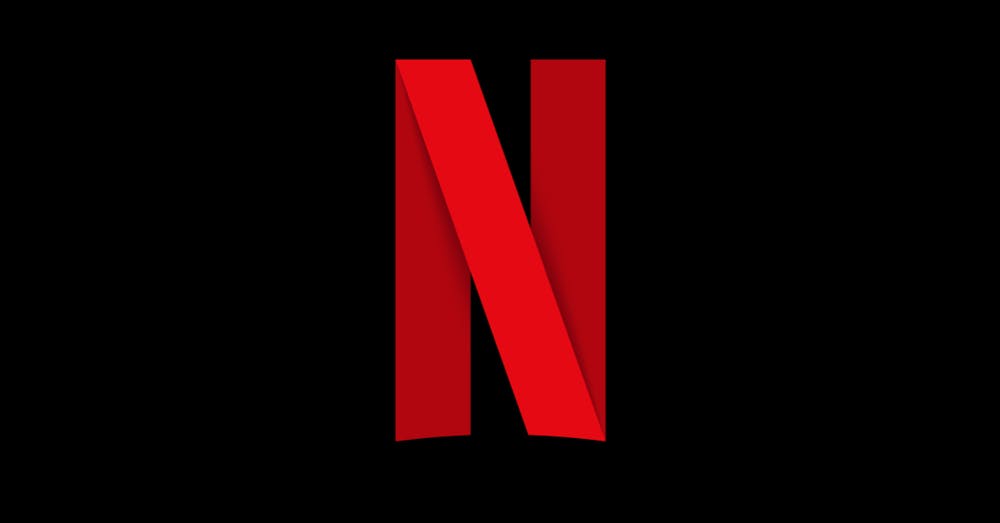Netflix, Disney+ and HBO Max. The international film festival circuit moving online. The looming extinction of movie theaters. Whether we like it or not, 2021 marks the beginning of a series of radical, possibly lasting, changes the film industry will experience.
As expected, the most tangible change will be a marked shift towards streaming. Streaming platforms, especially Netflix, have been on an uninterrupted rise in the post-Blockbuster age, but 2021 will most certainly mark a precipitous surge. Aside from the pandemic leaving audiences stuck at home, a major game-changer is Warner Bros.’ controversial deal with HBO Max. All of the studio’s films will be released in theaters and on the service simultaneously.
This isn’t the only tactic employed by the big studios to get audiences subscribed. Netflix has promised one major movie release every week, with gems like Adam McKay’s highly anticipated Don’t Look Up and teen hit To All the Boys: Always and Forever in their hands. Disney+ flaunts a similarly enticing line-up of no less than 10 Marvel titles in 2021, from the already streaming WandaVision to the long-awaited Eternals — Marvel fans simply have no choice but to watch.
It doesn’t help that Christopher Nolan’s Tenet, a time-bending epic with everything going for it, still wasn’t enough to put people back in theater seats. Since its tepid box office numbers, other tentpole films have hesitantly sought out alternative paths. Wonder Woman 1984 was released on HBO Max last Christmas. No Time to Die recently delayed to an October 2021 theatrical release in desperate hope that the numbers will return to their previous highs.
All this — particularly the Warner Bros. deal — has produced a great deal of dissent, arising from the apparent prioritization of money-making over artists’ interests. Prominent directors like Nolan and Denis Villeneuve have been using their platforms to fight back, while others like David Fincher and Aaron Sorkin have hopped on the streaming bandwagon. More than ever, streaming versus theatrical cinema is emerging as another one of the industry’s great debates and divisions.
Assuredly, streaming services and theaters have the potential to complement one another to create a well-rounded realm of options. But as the former threatens near-total domination, some filmmakers are taking it upon themselves to remind audiences of the very definition of cinema. It’s undeniable that at this moment in time, the collective experience that makes this medium so compelling, an arguably essential aspect of film, is in peril.
Despite this, there is still room for progress to be made in this coming year. Most evidently, the pandemic has prompted a shift in creative content and audience appetites, opening doors that could disrupt the hold of big-budget projects in the industry. As studios and filmmakers slowly learn to be scrappier and adapt to the times, content may very well go in exciting directions we’ve never seen before.
Along these same lines, we can expect to see more voices in cinema; that is, greater diversity and representation in what is made and what is watched. With U.S. studio films few and far between, it’s a rare chance for international and indie films to shine — both on the festival circuit and during awards season.
In fact, this year’s awards season is already unlike any other. The Oscars, which has historically taken place in February or March, will be held on April 25. The rest of the ceremonies have followed suit, with the Golden Globes, Screen Actors Guild Awards and Critics Choice Awards all planned to be nearly two months later than their usual dates.
On the festival front, both Sundance and the Berlin International Film Festival will at least partly operate through digital platforms, with the latter delayed. And Cannes, its modality still unknown, is looking at delaying until July. These delays, in conjunction with a postponed awards season, open up possibilities for many more films to be in the running, offering perhaps one of the most unique festival seasons to date.
Interestingly, all the new on the horizon is paradoxically coupled with a resurgence of the old: drive-in theaters. They’ve been a staple of film festivals in the age of COVID-19 and are now making a comeback across the country as a safer alternative for determined moviegoers. And as the vaccine rollout runs its course, drive-in theaters look promising as a trend we’ll remember 2021 by.
This year, there’s no doubt we’ll be greeted with great change, good and bad, that will bring about reverberations likely to be felt for the next few years. But take solace in the fact that 2021 is nevertheless a great year for movies. Oscar hopefuls like Nomadland, quintessential sci-fi remakes like Dune and exhilarating action like Mission: Impossible 7 await us, just to mention a few.
By now, having already been through thick and thin — tumultuous times and the worst of the pandemic — it’s clear that film is here to stay. And with any luck, theaters are too.





